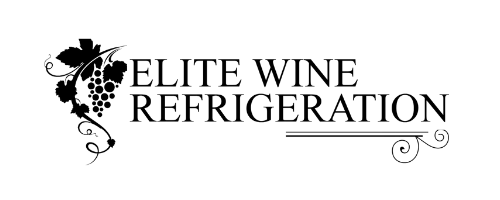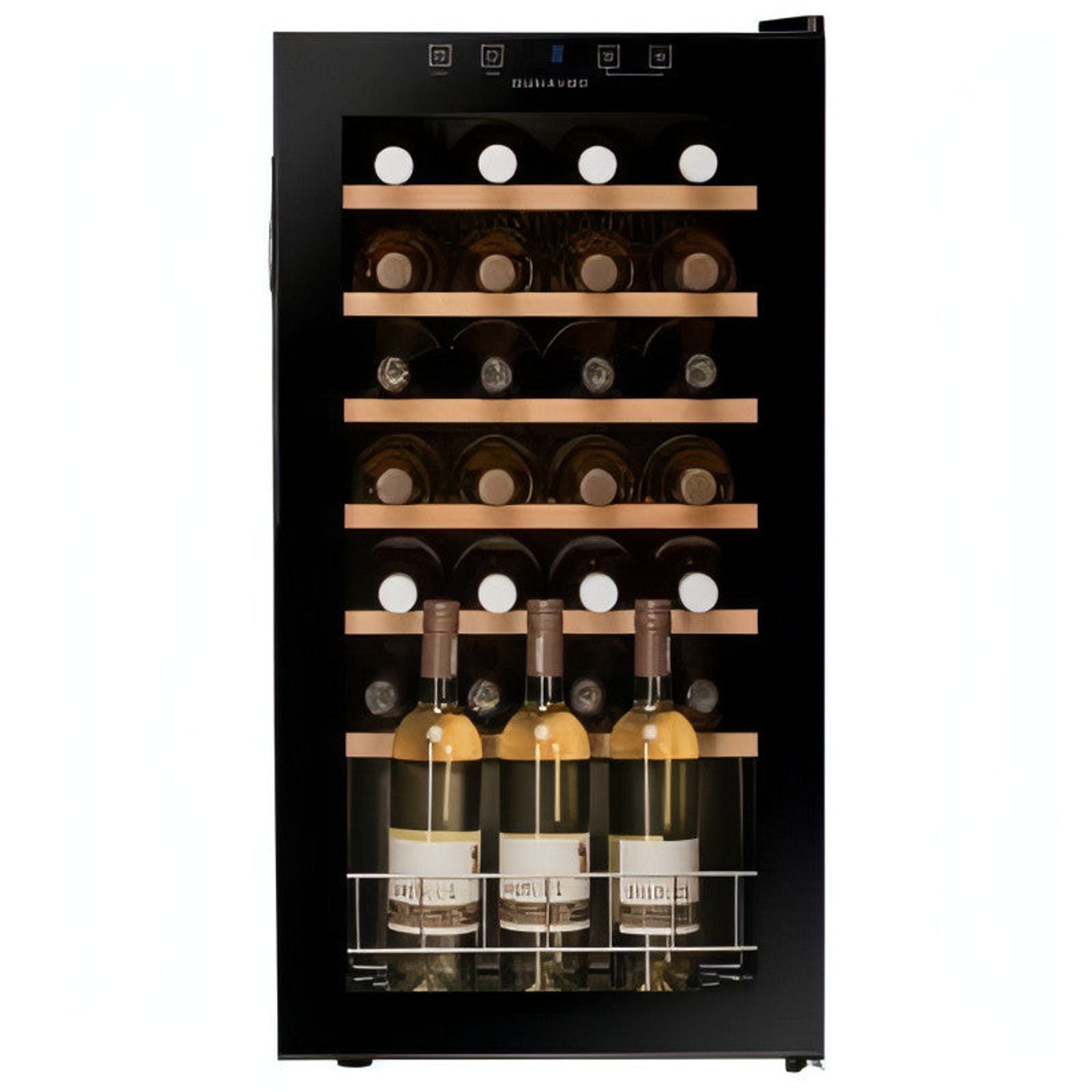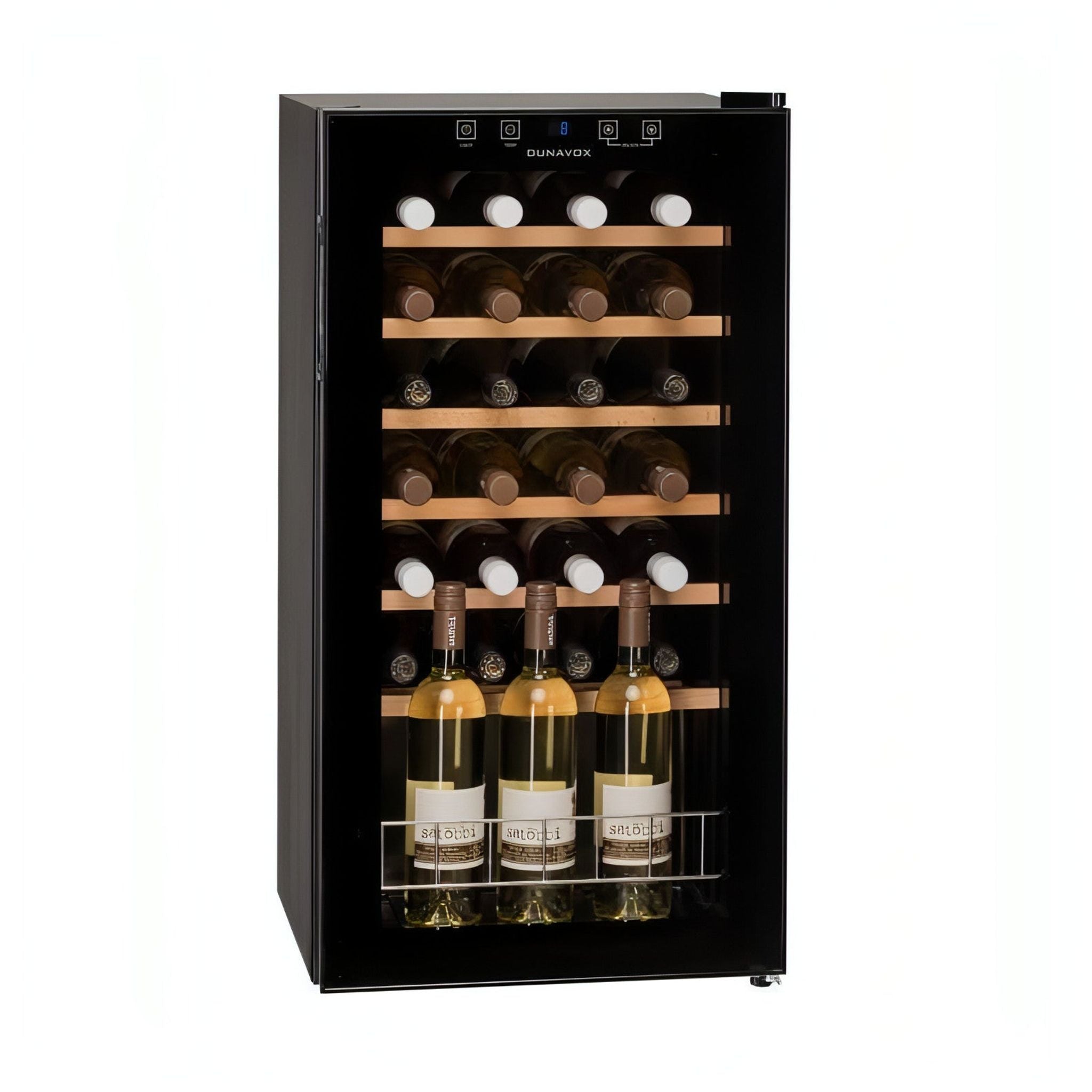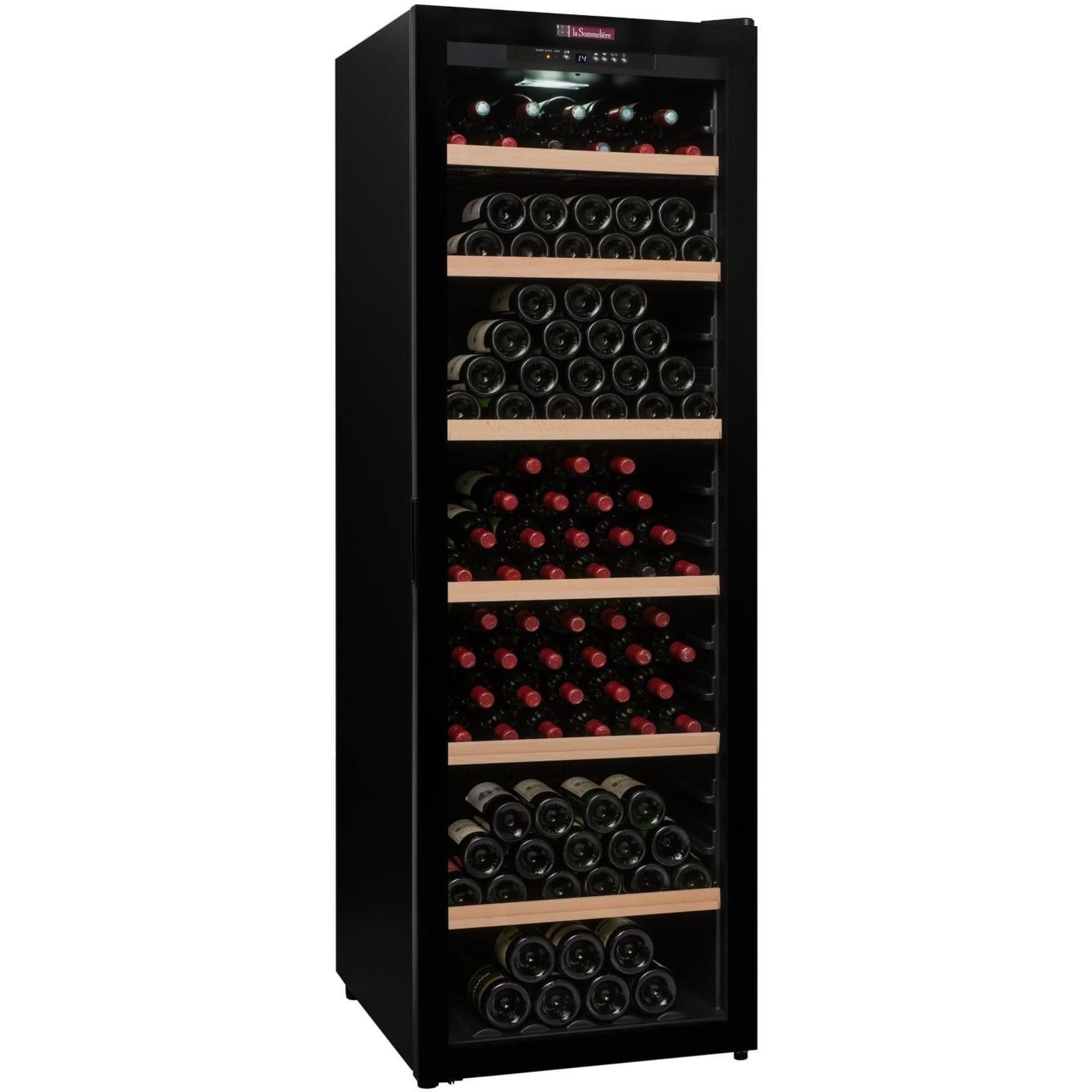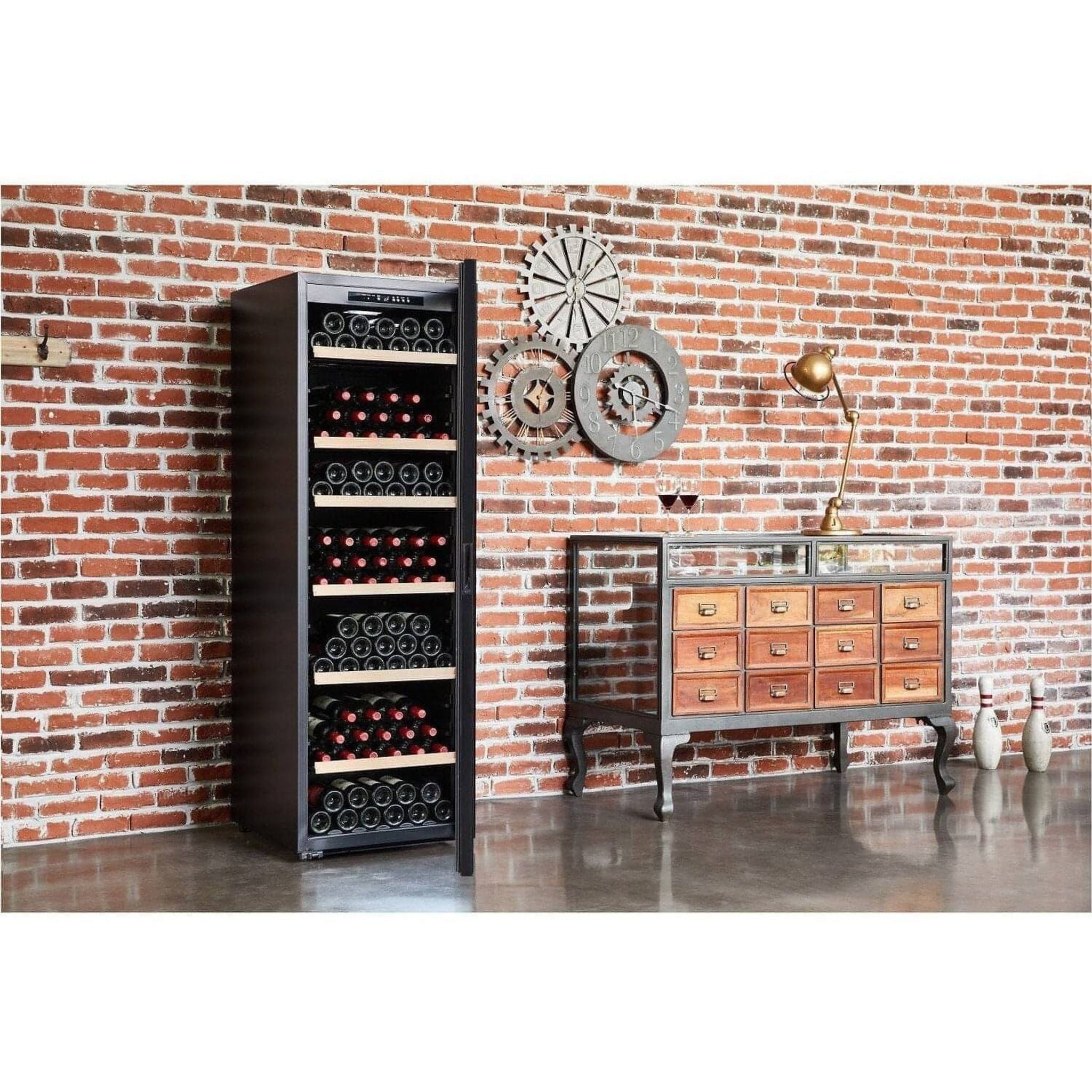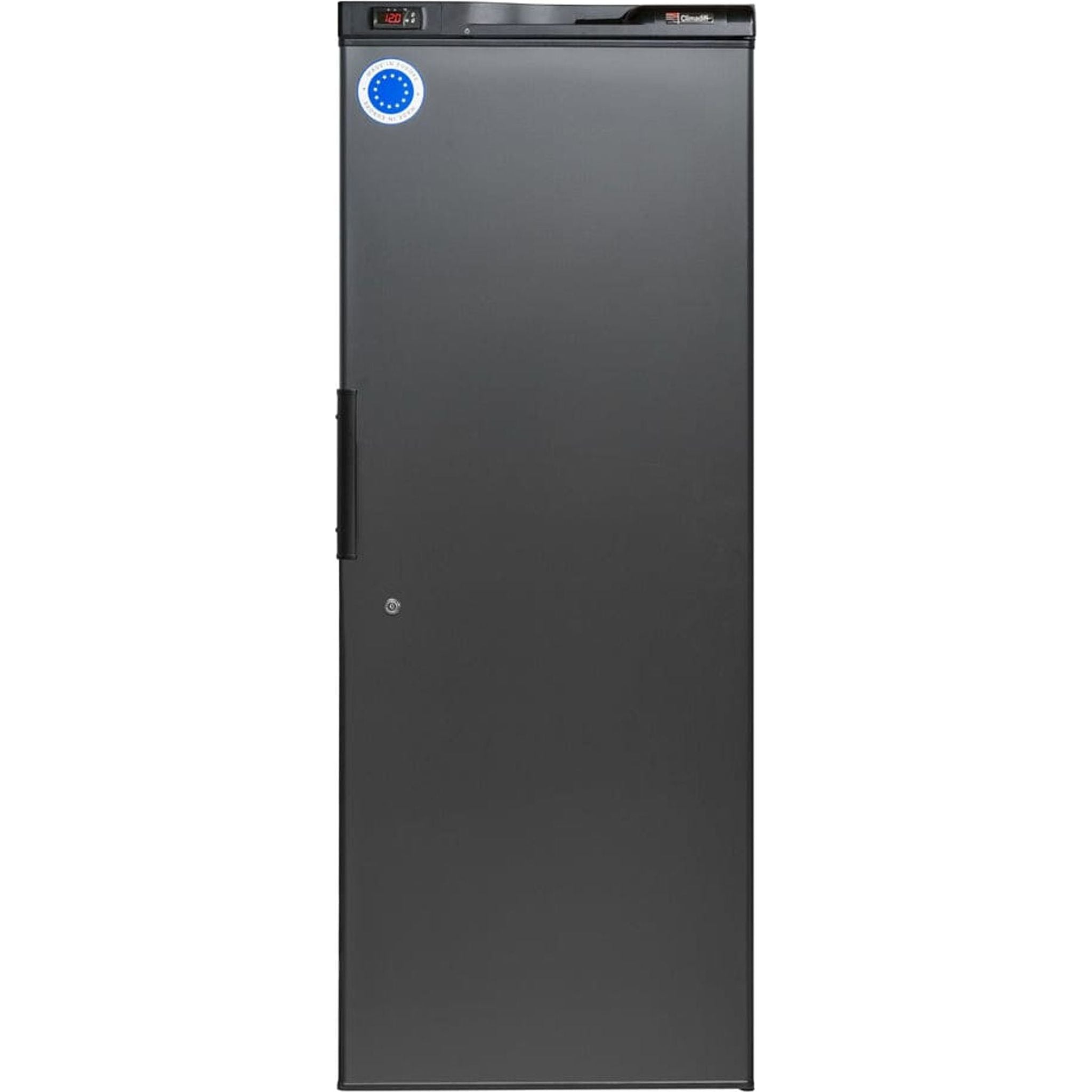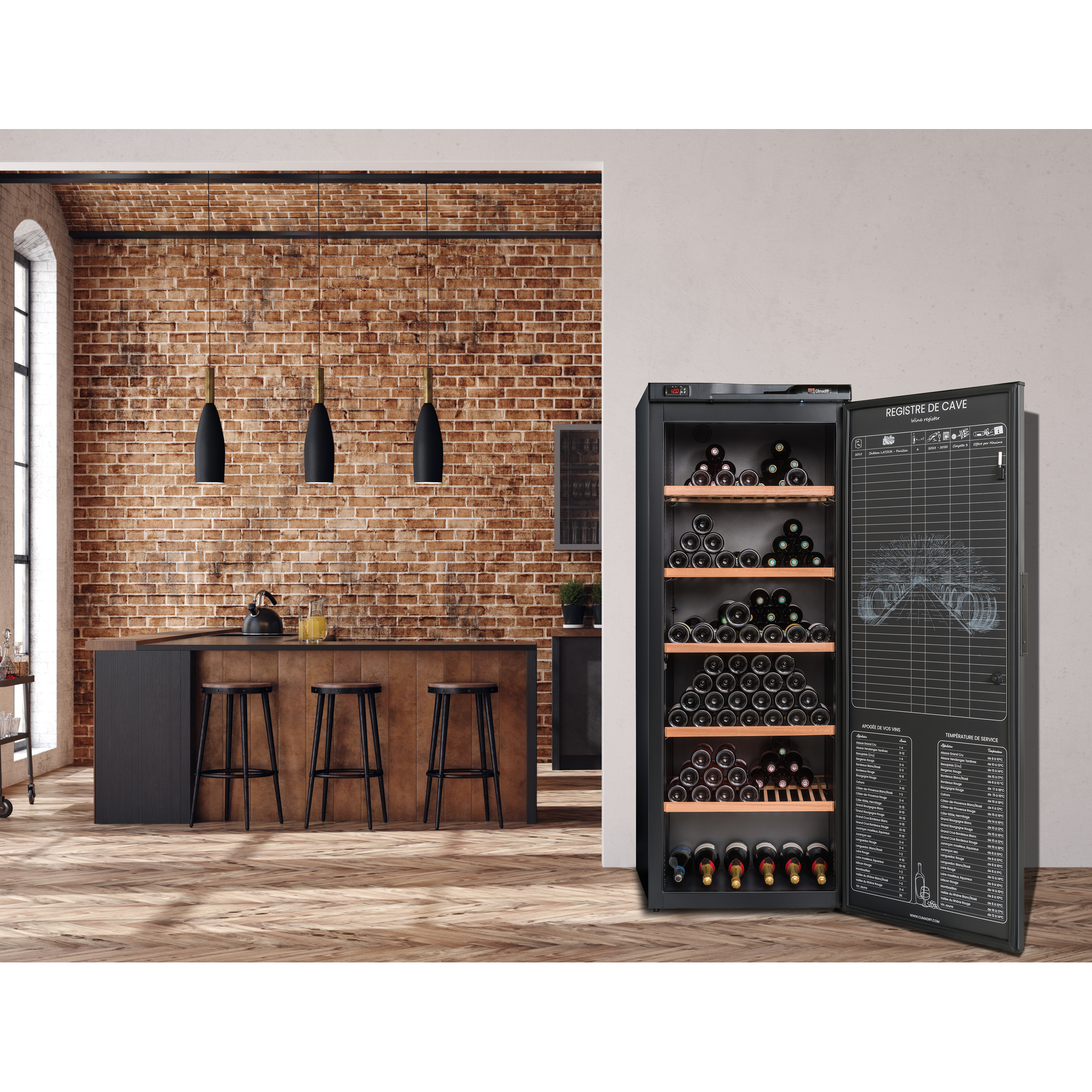Champagne is the go-to beverage for any celebration - whether you’re celebrating a birthday or special occasion, you’re catching up with a friend or you’re simply unwinding after a long day.
But does Champagne go off? That’s what we’ll be exploring in this blog post. Read on to learn more about the nature of Champagne and to determine some of the factors that may influence the freshness of your wine. We’ll also be discussing how you can prolong your Champagne’s lifespan.
Understanding the Basics of Champagne
Before we delve into the shelf life of Champagne, let's grasp the basics of this beloved sparkling wine. Champagne comes from the Champagne region of France (hence the name), and it's renowned for its crisp taste and, of course, those captivating bubbles.
These bubbles are a result of a second fermentation process that occurs within the bottle, trapping carbon dioxide and creating the signature fizz.
Champagne typically consists of three primary grape varieties: Chardonnay, Pinot Noir, and Pinot Meunier. The blend of these grapes, along with the expertise of winemakers, contributes to the unique flavour profiles and characteristics of various Champagne bottles.
How Long Does Champagne Stay Fresh For?
In short, Champagne is designed to maintain its quality for a considerable amount of time. In fact, most non-vintage Champagnes (those without a specific vintage year) can stay enjoyable for about three to five years from the time they're bottled.
Vintage Champagnes, which are made from grapes harvested in a specific year, have a longer aging potential, often improving in flavour complexity over a decade or more.
The key to preserving Champagne's freshness lies in the bottle itself. The cork and the seal play pivotal roles in preventing air from entering and disturbing the delicate balance of the wine. If stored correctly, your Champagne can retain its delightful effervescence and flavours for an extended period.
Opened Champagne, however, is a different story. If stored correctly, your opened bubbly can last just a few days after opening.
Factors That Can Determine The Lifespan of Champagne
There are several factors that can impact the lifespan of your Champagne, from the condition you store your wine in to the position of the bottle.
Storage Conditions
The environment in which you store your Champagne is crucial. Ideally, the wine should be kept in a cool, dark place with a consistent temperature. Fluctuations in temperature can cause the cork to expand and contract, potentially leading to leaks or oxidation.
Temperature
As mentioned, temperature fluctuations are Champagne's enemy. Extremes of heat or cold can negatively affect the wine's taste and carbonation. Avoid storing Champagne near radiators, ovens, or sunny windows.
Opt for a cool environment such as a basement, a garage, or take it one step further and purchase a wine fridge or wine cabinet.
If you have a wine fridge, avoid placing it near appliances that generate heat. A high ambient temperature may impact the internal wine cooler temperature.
UV Light Exposure
UV rays can degrade the wine's flavour compounds and cause premature aging. Keep Champagne away from direct sunlight to ensure it ages gracefully. We also recommend storing your wine with LED lights, as these will not impact the quality of your Champagne.
Humidity
While Champagne bottles are sealed, excessive humidity can damage labels and, in extreme cases, compromise the seal. Aim for a humidity level of around 70% in your storage area.
Position
Store your Champagne bottles horizontally, which keeps the cork in contact with the wine. This prevents the cork from drying out and allows it to maintain its seal.
Signs that Your Champagne Has Gone Off
So, how can you tell if your Champagne has turned? First of all, check the level of the fizz - flat Champagne simply isn’t as good as bubbly Champagne. If your Champagne lacks bubbles and seems flat, it's a sign that the carbonation has dissipated, possibly due to a compromised seal.
Champagne should have a pleasant aroma, but if you detect musty or unpleasant odours, it's likely that the wine has been exposed to air and has oxidised.
The ultimate test is the taste test. If your Champagne has lost its vibrant flavours, tastes dull, or has developed off-putting flavours, it might be past its prime.
Likewise, keep an eye out for sediment, cloudiness, or unusual colour changes. These are all indicators that your Champagne has gone bad.
How To Store Unopened Champagne
At Elite Wine Refrigeration, we understand the importance of preserving your cherished bottles. This is where wine coolers come into play. A wine cooler is more than just a stylish addition to your home – it's an appliance that protects the integrity of your wines.
Wine coolers create a controlled environment that protects both your opened and unopened bottles of Champagne from temperature fluctuations, light exposure, and humidity variations.
These appliances offer adjustable settings, ensuring that your bubbly remains at the perfect serving temperature while aging gracefully.
Whether you're an occasional celebrator or a seasoned wine collector, a wine cooler is an investment in preserving the quality and longevity of your Champagne and other wines.
We have wine coolers for sale from industry-leading brands such as Hungary-based brand Dunavox, and the French wine storage leaders La Sommelière.
In our range of wine coolers, there’s something suitable for everybody. If you only have a small space in your kitchen, opt for one of our small built-in coolers - or if you’re looking for a statement piece, check out our large selection of freestanding wine fridges.
So, Does Champagne Go Off?
The answer is yes, but with proper care and attention, you can extend its lifespan significantly. Remember to store your Champagne in a cool, dark, and consistent environment, and invest in a quality wine cooler to ensure optimal storage conditions. By doing so, you will be able to enjoy your vintage and non-vintage Champagne bottles for years to come. Cheers!
